Made in Bangladesh(2020)
ArtMattan Films- 1h 35m
Aug 28, 2020 | Limited
Shimu fled her village as a child when her stepmother threatened to marry her off to a middle-aged man. Now 23 and living in the capital, she works grueling hours for paltry sums at a textile factory while her husband searches for work.
Note: Distributed by ArtMattan Productions
Releases
Original Release | Aug 28, 2020
View Advanced Data
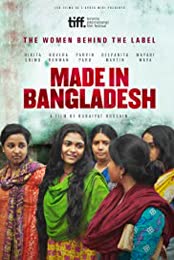
Box Office Results
Results
$1,319
$5,322
$69,110
$74,432
Current Showtimes
Your Location or
(U.S. Only)
Director & Top Cast
Technical Specifications
Aspect Ratio: 1.85 : 1
Other Details
Country of Origin: France,Bangladesh,Denmark,Portugal
Language: Bengali
Summaries
Storyline
- Chances are at least one item in your clothes closet started its life in Bangladesh. This is a story of the women who make our jeans and T-shirts, told as a moving, suspenseful tale not simply of exploitation, but also of empowerment. Director Rubaiyat Hossain has achieved something remarkable, turning what could have been simply dry or guilt-inducing into a colorful, constantly engaging drama. Shimu ( Rikita Nandini Shimu ) fled her village as a child when her stepmother threatened to marry her off to a middle-aged man. Now 23 and living in the capital, she works grueling hours for paltry sums at a textile factory while her husband searches for work. After a fire in the factory results in the death of a co-worker, Shimu is approached by a union advocate who provides her with a crash course in women workers' rights - and the tools to enforce them. But Shimu's attempt to unionize her workplace is met with resistance at every turn, not only from her patriarchal employers, who openly threaten her, but also her colleagues, who are desperate to keep their jobs in a world where options for survival are few. — Toronto International Film Festival Made in Bangladesh is informed by the deep knowledge that comes from Rubaiyat Hossain 's other career as a women's rights activist. But make no mistake: this story, co-written with Philippe Barrière , insists on dramatic authenticity in every moment. Whether it's the industrial clangor of Dhaka's streets or scenes of domestic intimacy, Rubaiyat Hossain captures the rich textures of her setting and characters, always keeping Shimu at the center of the film. In her struggle to make her world a fairer place, Shimu ( Rikita Nandini Shimu ) discovers within herself reserves of courage and tenacity, along with a galvanizing sense of purpose. She is the Norma Rae we need now. — Toronto International Film Festival In the busy metropolis of Dhaka, Shimu ( Rikita Nandini Shimu ) supports her unemployed husband with a job as a seamstress in a garment factory. Shaken by the casual lack of accountability management shows after a fire kills a colleague, Shimu connects with local feminist organizer Apa, who informs her of her rights to unionize. Under the deafening din of hundreds of manually operated sewing machines, a quiet revolution begins to build. Eschewing a celebratory female empowerment narrative, Rubaiyat Hossain 's writing weighs patient acts of administration equally with the alliances across social class and more dramatic acts of courage that encompass the labor of activism. The result is a nuanced and quietly rousing portrait of the pleasures, possibilities and limitations of collective liberation and feminist solidarity. — London Film Festival
Similar Movies

Two Pianos
NR1h 55m
Drama, Romance

Sumathi Sathakam
Comedy, Drama
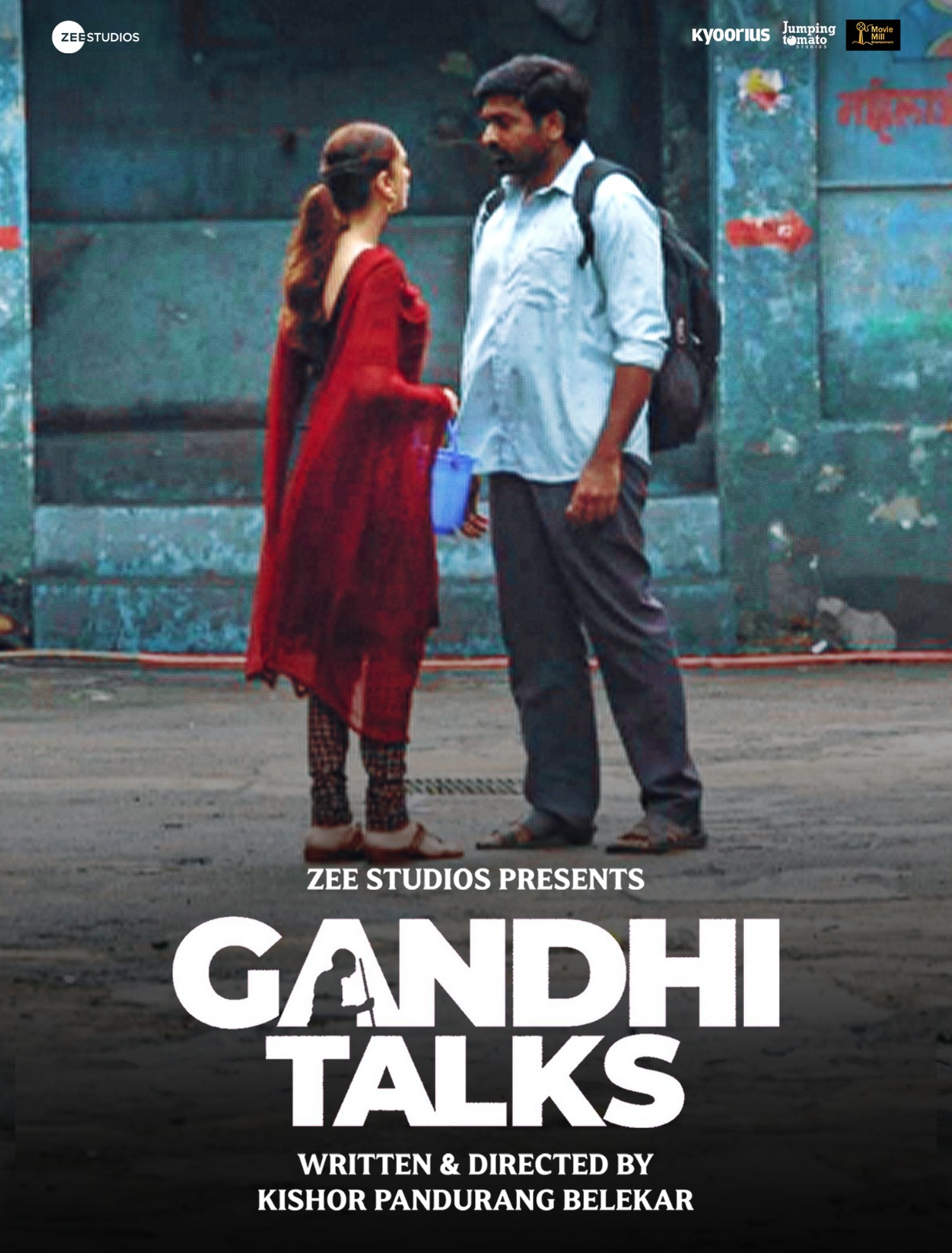
Gandhi Talks
2h 10m
Comedy, Drama

Ashakal Aayiram
2h 12m
Drama, Family

Unexpected Family
2h 1m
Comedy, Drama
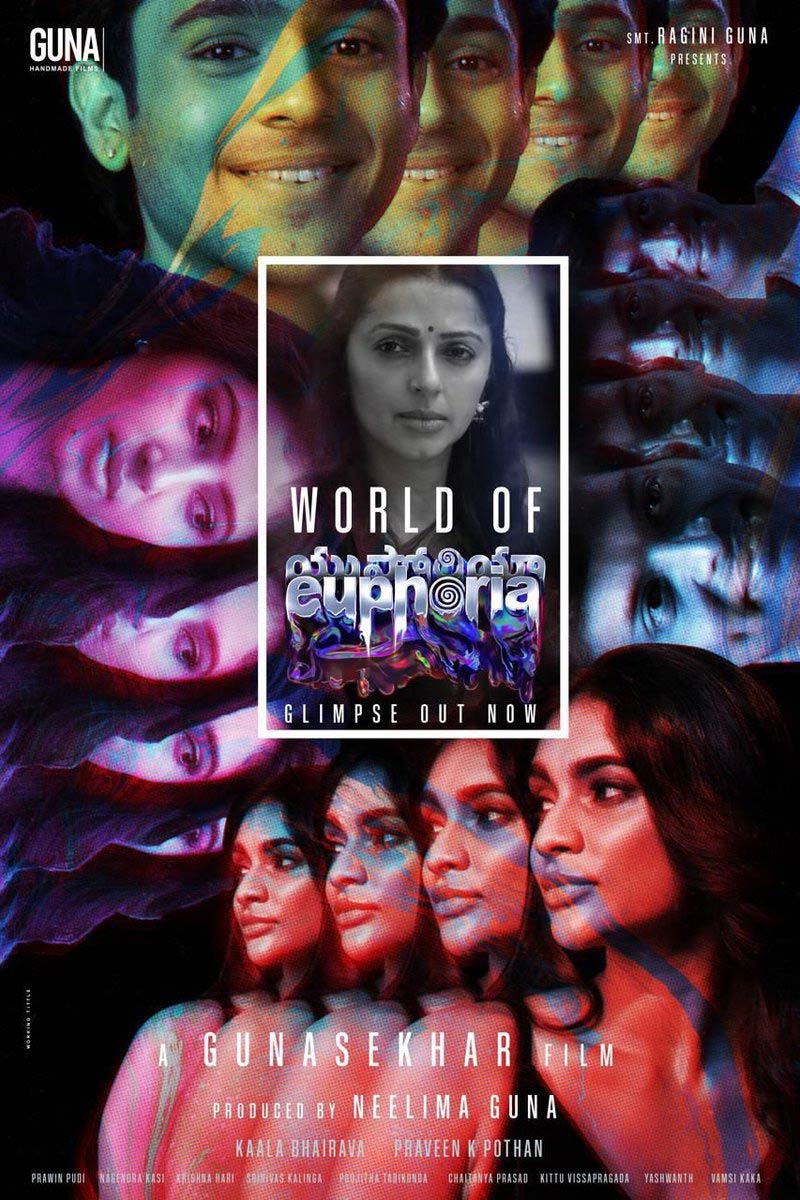
Euphoria
2h 30m
Drama
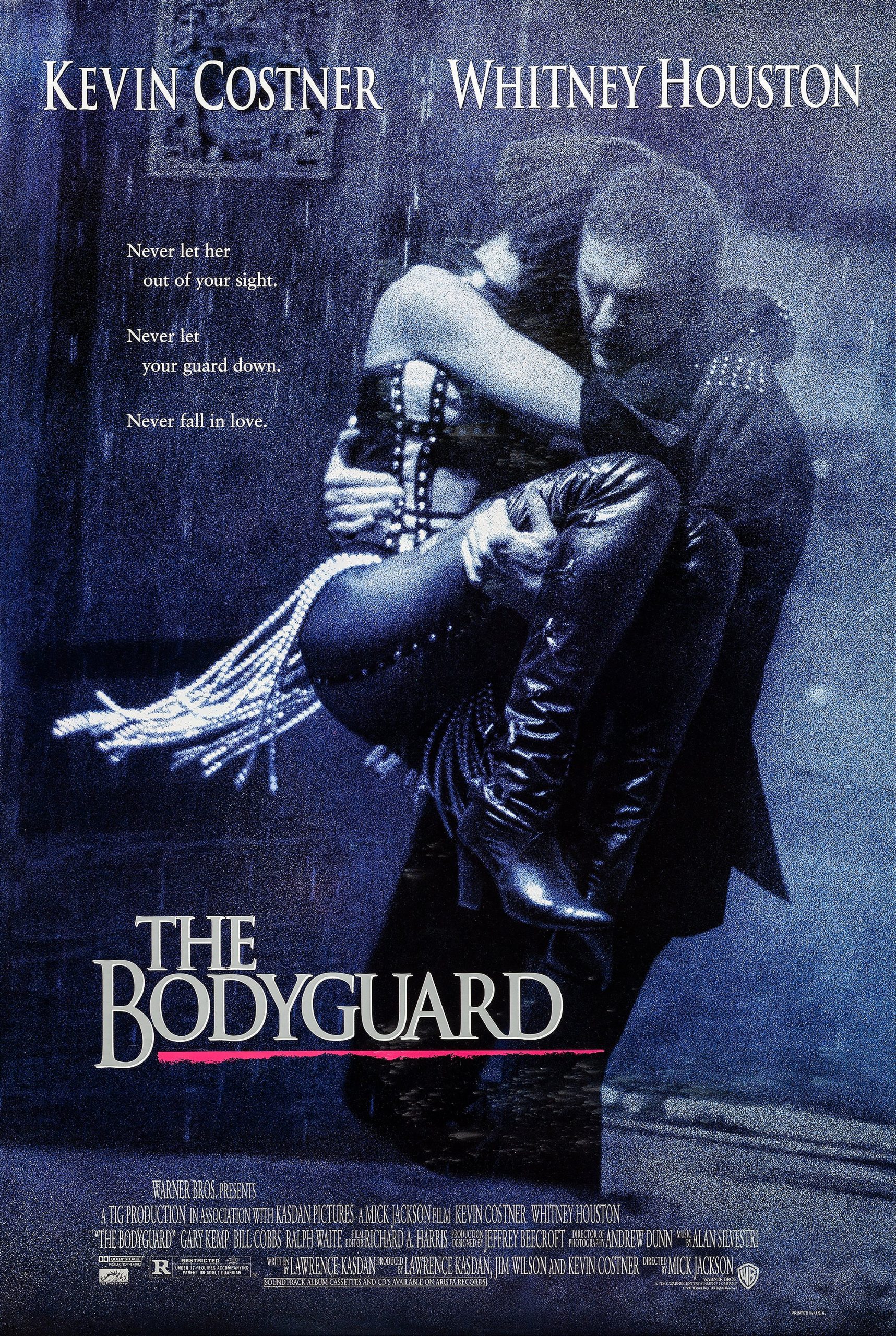
The Bodyguard
R2h 9m
Drama, Music, Romance, Thriller

The Stranger
2h 2m
Crime, Drama
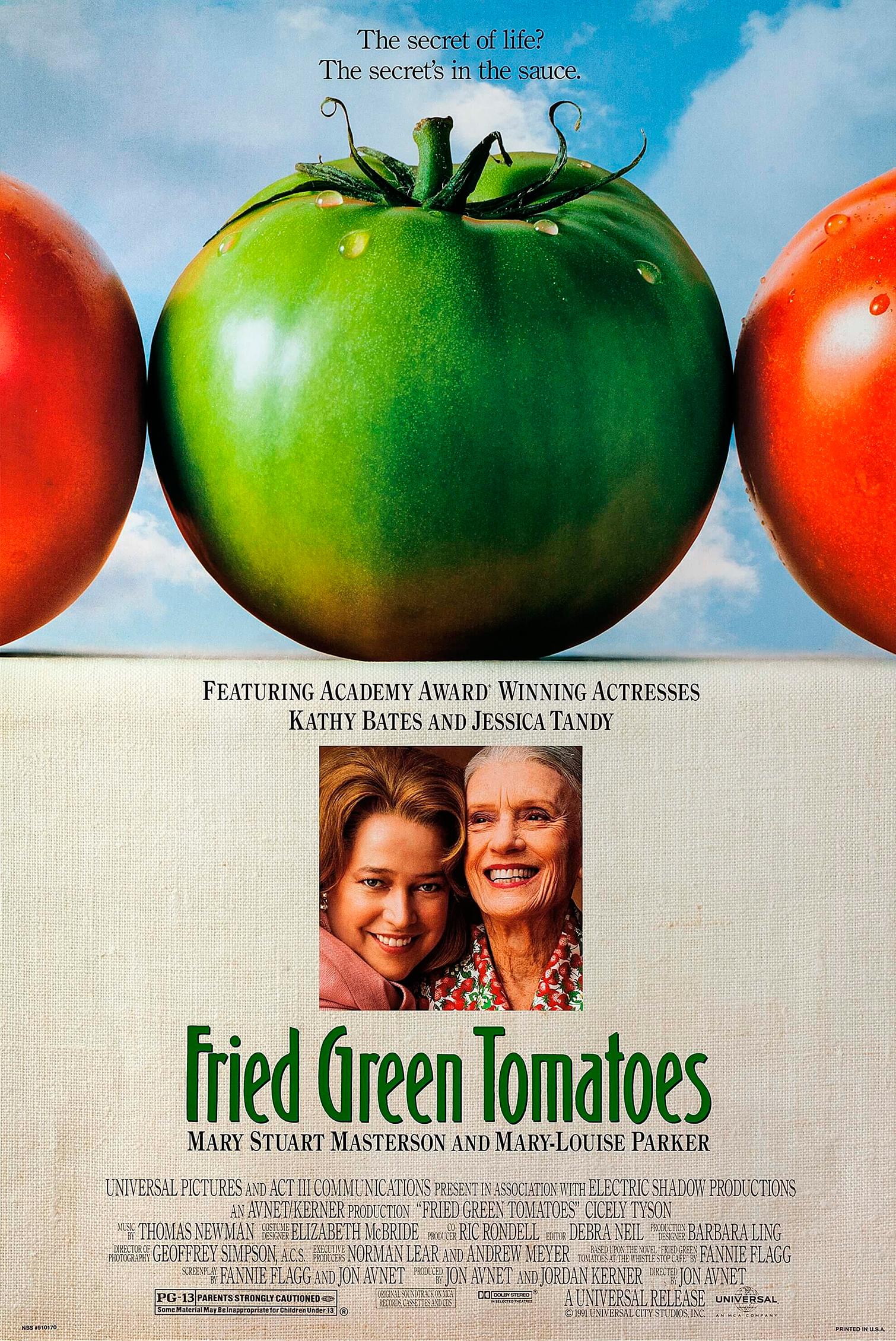
Fried Green Tomatoes
PG-132h 10m
Drama
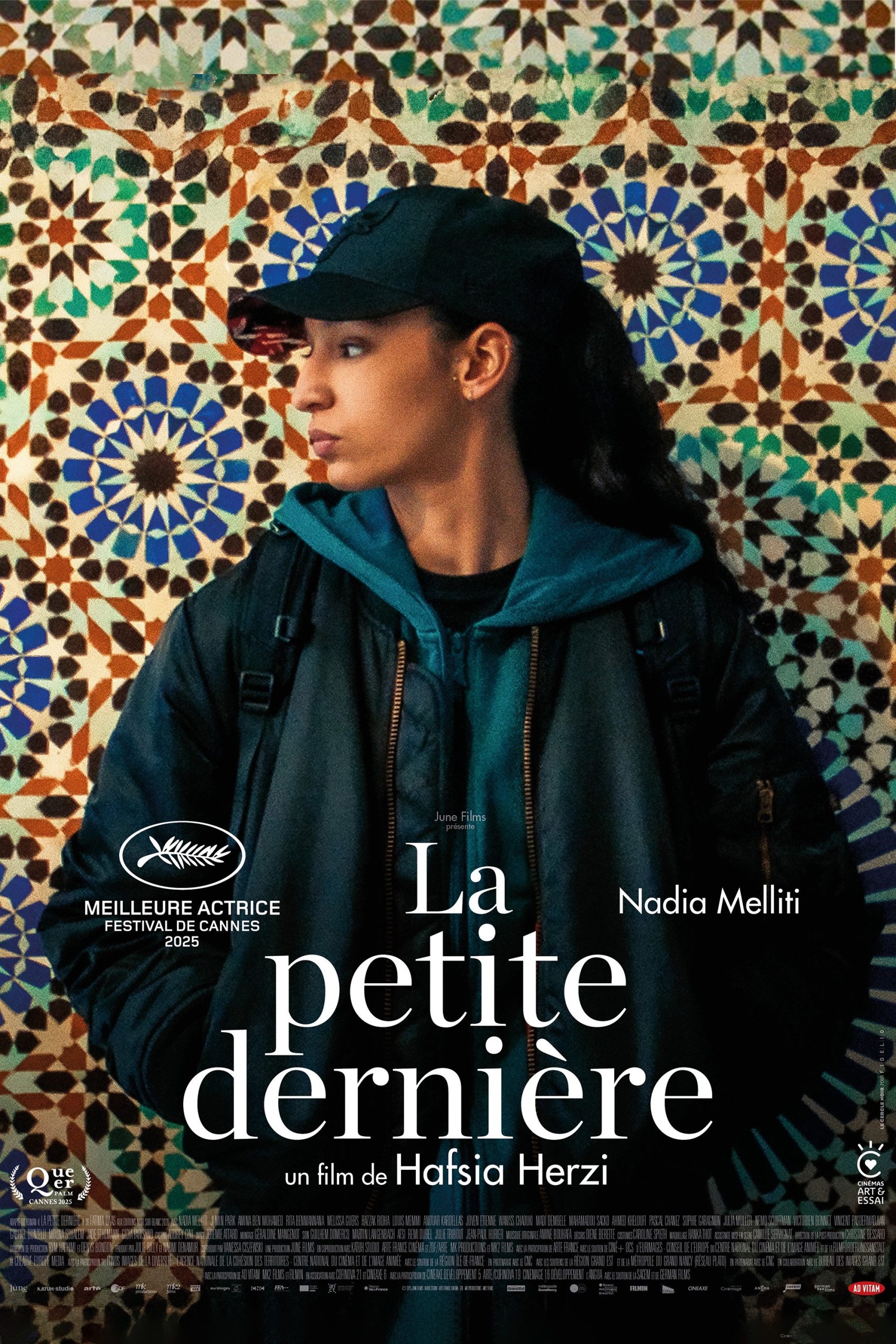
The Little Sister
1h 48m
Drama


